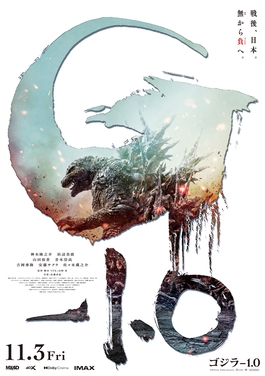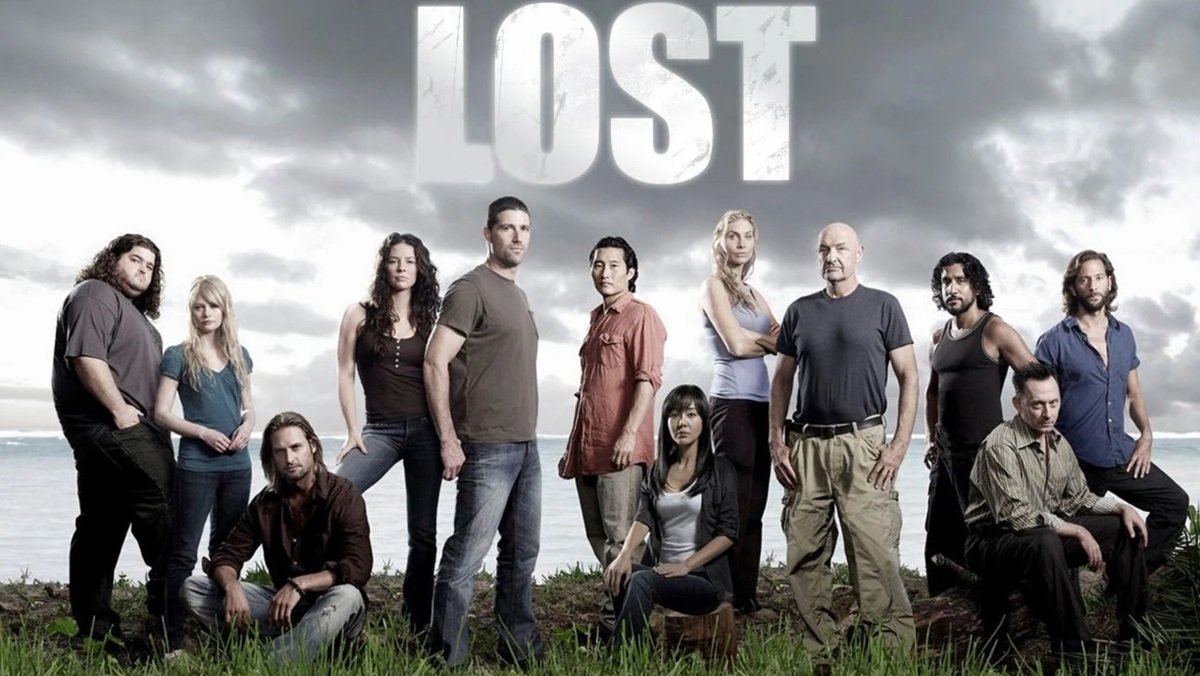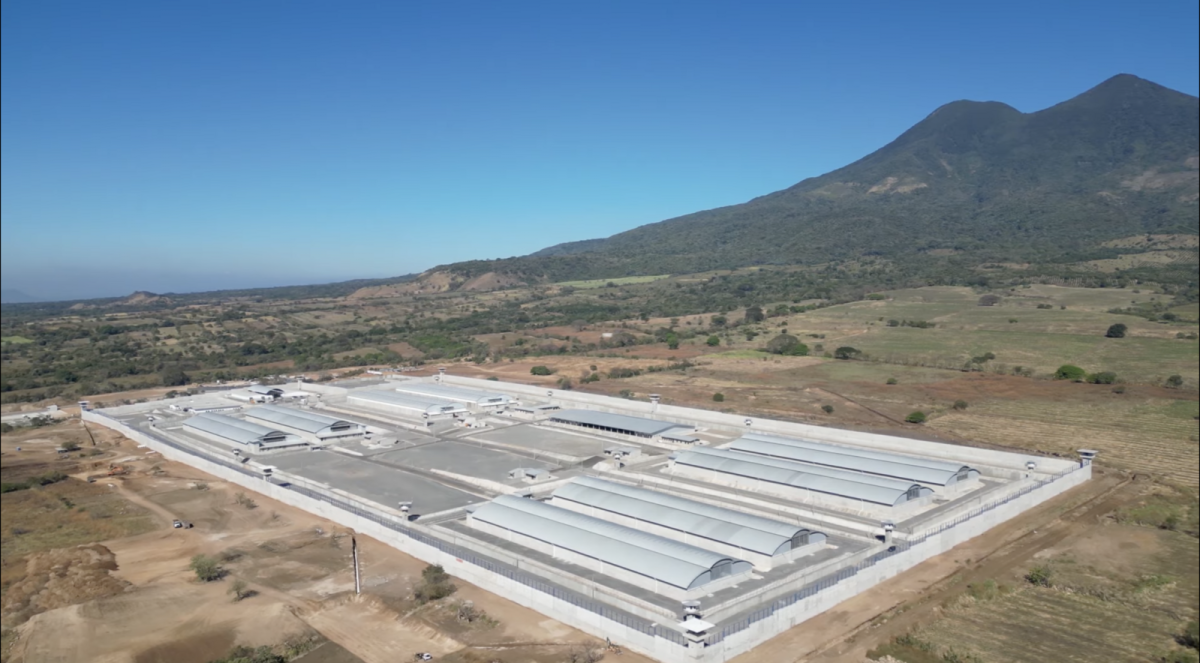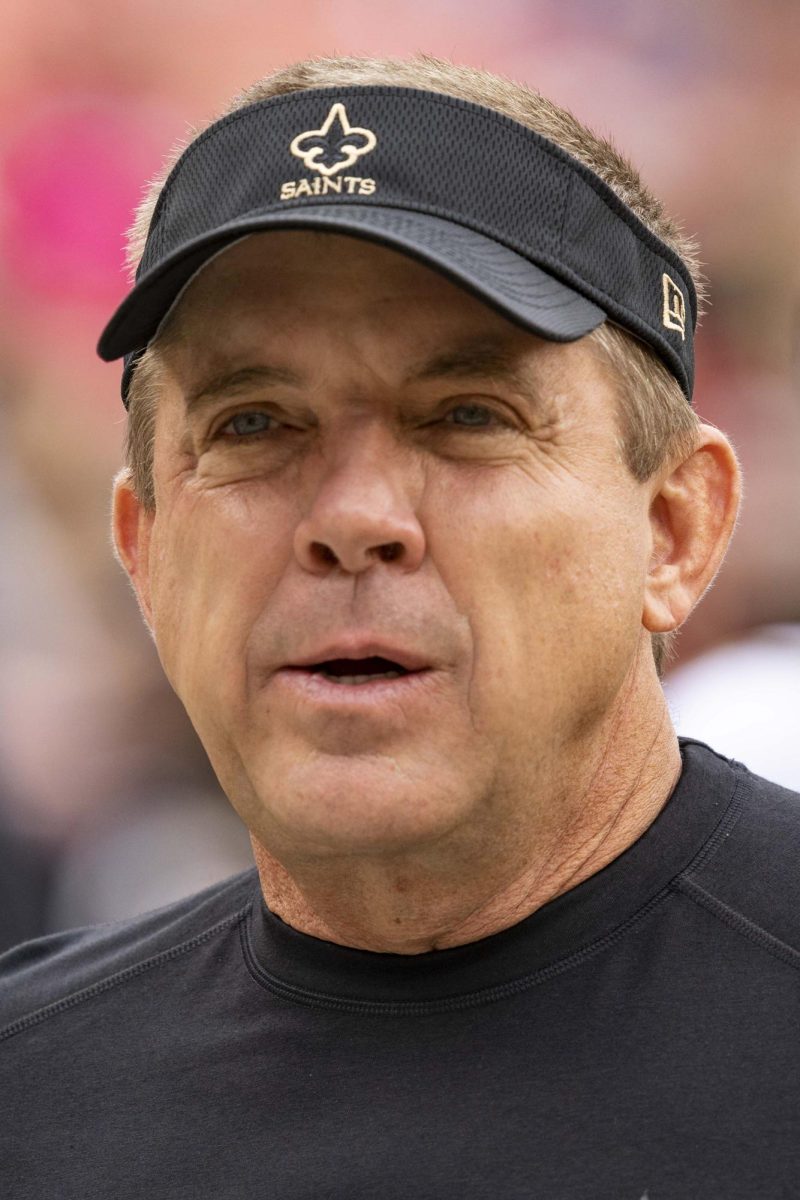
The first Japanese Godzilla film in twelve years, Hideki Anno and Shinji Higuchi’s Shin Godzilla, my personal favorite Godzilla film, began the franchise’s Reiwa era (the Reiwa era technically began in May 2019, these Godzilla eras are divided somewhat arbitrarily). It’s a modern reboot wherein Godzilla evolves over the course of the film. I don’t want to spoil too much, but I will say that the method of defeating Godzilla is one of my favorites. The score by Shiro Sagisu (featuring tracks from Showa era films by Akira Ifukube) is undoubtedly my favorite Godzilla soundtrack. For your information I am very biased because I’m a big fan of Hideki Anno…
The 2014 eponymous film directed by Gareth Edwards is the the first chapter in the American series produced by Legendary and released by Warner Bros. known as the Monsterverse, similarly to the Heisei films, this series features a single monster observation/research group, Monarch, who have a complimentary and adversarial relationship with said creatures (referred to as M.U.T.O.s [Massive Unidentified Terrestrial Organisms], and later Titans).
Godzilla (2014) doesn’t have much in the way of inventiveness, it plays out how you’d expect a modern American Godzilla film to, but it’s more so interesting because of the world building it incites that would later be built upon. The second installment, Kong: Skull Island is a major improvement in my personal opinion (to be honest both remakes of the original King Kong are tied with this and the campy King Kong Escapes for second place in the series behind said original). It takes place in 1973, at the end of the Vietnam War (watching this after Godzilla: Minus One made me realize the postwar storyline similarity) where a worn out helicopter squad is recruited by two Monarch scientists to investigate the ever mysterious Skull Island, and then you can probably assume what happens next.
The next film, Godzilla: King of the Monsters is a minor improvement over the 2014 film, though it features a worldwide onslaught of ornery organisms, including Godzilla, Mothra, Rodan, and King Ghidorah (also referred to by the American name for his self titled film, Monster Zero), the pacing of the film allows for occasional clashes in the midst of human drama, but I think the balance between the little people and the big guys could’ve been a lot better, and I personally think the next film in the series nailed that seismic contrast.
Arguably the fantastical filmic fight the Monsterverse was made to lead up to, in my opinion, Godzilla vs. Kong (2021) was worth the wait. It pays off one of the recurring concepts of the series with grace and vigor, instigating the best duels in the saga thus far. The next film, Godzilla X Kong: The New Empire releases March 29th. I hope it can top the previous entry, though I’m trying to keep my expectations low.
Speaking of low expectations, my personal least favorite Godzilla film series is the 2017-2018 Netflix anime trilogy. I wish that there was an easy way to describe my distaste for this pedantic post-apocalyptic trio. The best way I can describe it is that it feels like the creative team behind this series aren’t very familiar with Godzilla. I believe they were intending to make a type of Godzilla film that hadn’t been made before, but personally it’s a major failure in my opinion. For example, it takes around an hour for Godzilla to show up in the second installment, and said hour is mostly the human and alien characters arguing with each other about the ethics of the transhumanistic metal that Mechagodzilla City is constructed of, and the religion of the alien race which has partnered with humanity. I was blatantly uninterested with this trilogy and I remain so after watching them.
The latest Japanese Godzilla reboot, Godzilla: Minus One (2023), written and directed by Takashi Yamazaki, takes place post World War II. This reboot is another excellent reinterpretation of Godzilla. I don’t want to spoil too much because it’s still new, so I’ll just say that it’s my 10th favorite Godzilla film.
In terms of judging the Godzilla series by consistency and continuity the Heisei series is my favorite, with the Showa era in second despite its impressive fifteen film run, followed by the American Monsterverse in third, then the 2002-2003 duology of Godzilla Against Mechagodzilla and Godzilla: Tokyo S.O.S., and in last place the Netflix anime trilogy.
In terms of the standalone films, my favorite is Shin Godzilla, followed by Godzilla: Final Wars, then Godzilla, Mothra, and King Ghidorah: Giant Monsters All-Out Attack, next Godzilla: Minus One, followed by the 1998 Godzilla, then Godzilla 2000, last Godzilla vs. Megaguirus.Thank you for reading, I hope my opinions on the films of this franchise have sparked your interest or lead you to learning something new. If you would like to see my list, please head to this link: https://boxd.it/fXsxQ$kFsyCx8Jo8bd6Ft3





!["This is [Not] Who We Are" movie poster.](https://chswarriorscroll.com/wp-content/uploads/2025/04/Screenshot-2025-04-13-at-9.34.19 PM-1200x678.png)





Mr. Houk • Mar 1, 2024 at 2:34 pm
Love this whole series! I had no idea there were THAT many Godzilla films, and love how there are even eras of them!